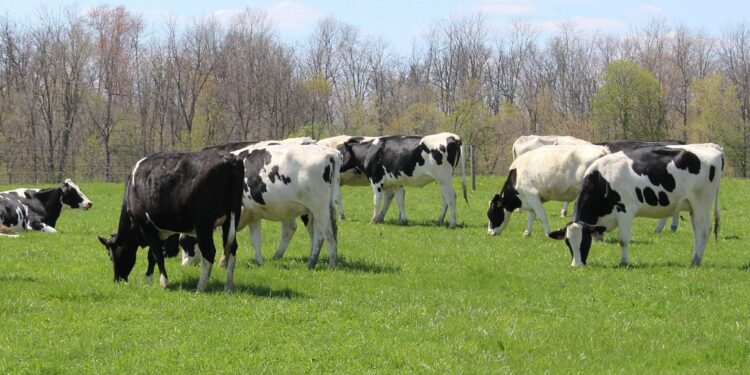By Enyichukwu Enemanna
Assam region in northeastern India has banned eating beef in public places, including restaurants and events, a policy which the Chief Minister, Himanta Biswa Sarma said on Wednesday is an expansion to an earlier rule that restricted the sale of beef near certain religious places like temples.
The ban however does not include purchasing beef in shops and eating within homes or private establishments in the region.
In India, the consumption of beef is a sensitive issue as cows are revered by Hindus, who constitute 80% of the country’s population.
Several states ruled by Prime Minister Narendra Modi’s Hindu nationalist Bharatiya Janata Party (BJP) – which is also in power in Assam have launched a crack down on cow slaughter in recent years.
About two-thirds of India’s 28 states, many of them governed by the BJP, have partially or fully banned cattle slaughter and beef consumption.
But consumption of buffalo meat is legal in some of these places.
In many parts of India, cow vigilante groups have been accused of violently enforcing the ban, often leading to deadly attacks on Muslim meat sellers and cattle traders.
In Assam, the sale and purchase of beef was banned in 2021 in areas where Hindus, Jains and Sikhs who don’t usually eat beef live.
That law also prohibited the sale of beef near temples.
The Chief Minister said that the new ban on public consumption will be added to existing law.
The decision comes days after India’s main opposition party Congress claimed that the Chief Minister had used beef to win a by-election in Samaguri, a Muslim-majority constituency, an allegation denied by his Bharatiya Janata Party.
Congress legislator Rakibul Hussain had said that by “offering beef” to voters, the chief minister had “betrayed” his own party’s Hindu nationalist values.
The statements sparked political tension, with the Chief Minister on Wednesday saying he was willing to impose a complete ban on beef in the state, if that’s what the Congress wanted.




































